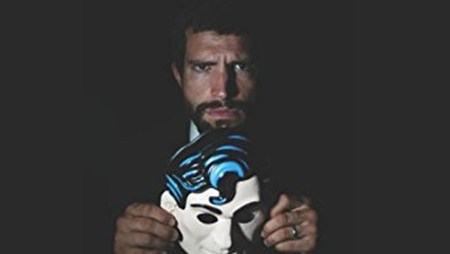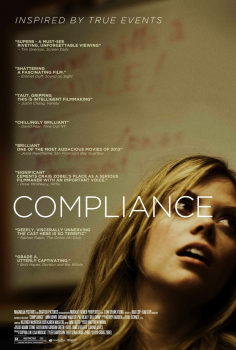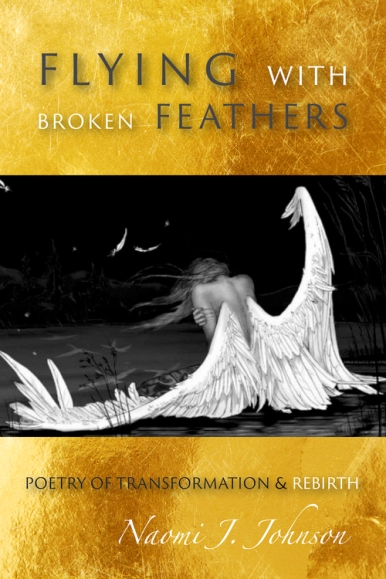By Jeff Crippin with Rebecca Davies – Justice Keeper Publishing, 2015
Order it from Amazon.com
Reviewer Esther Sweetman
Unholy Charade makes for uncomfortable reading. That is intentional. Over thirty years as a pastor in the USA, and many hours spent with the victims and survivors of domestic abuse, Jeff Crippen has a wealth of wisdom and experience to share.
The book opened my eyes to the horror of life for someone living with an abusive husband or wife, and presents a clear analysis of the ways in which abusers have lied and charmed their way into the hearts of church communities, time and again ensuring that their victims are either silenced, or not believed by the very people who should be supporting them.
Crippen is honest about his own past ignorance and arrogance in relation to issues of domestic abuse within his congregation, and calls on the church family, and especially its leaders, to face the facts, and to “…judge righteously, defend the rights of the poor and needy”.
The author debunks the myths and misapplications of scripture, which have so often left victims at the mercy of their abusers, condemned by the church to a lifetime of misery and degradation because “God hates divorce”, “wives must obey their husbands”, or “Christians must forgive and forget”.
Some of the theological arguments he considers and dismisses struck me as non-issues or just plain wrong (e.g. ‘some Christians say that if we read secular books on the subject we are denying the sufficiency of scripture’) and it is clearly written for an American readership, but I would urge you to see past this, and to hear and respond to this heartfelt cry for justice. This is an important book.



